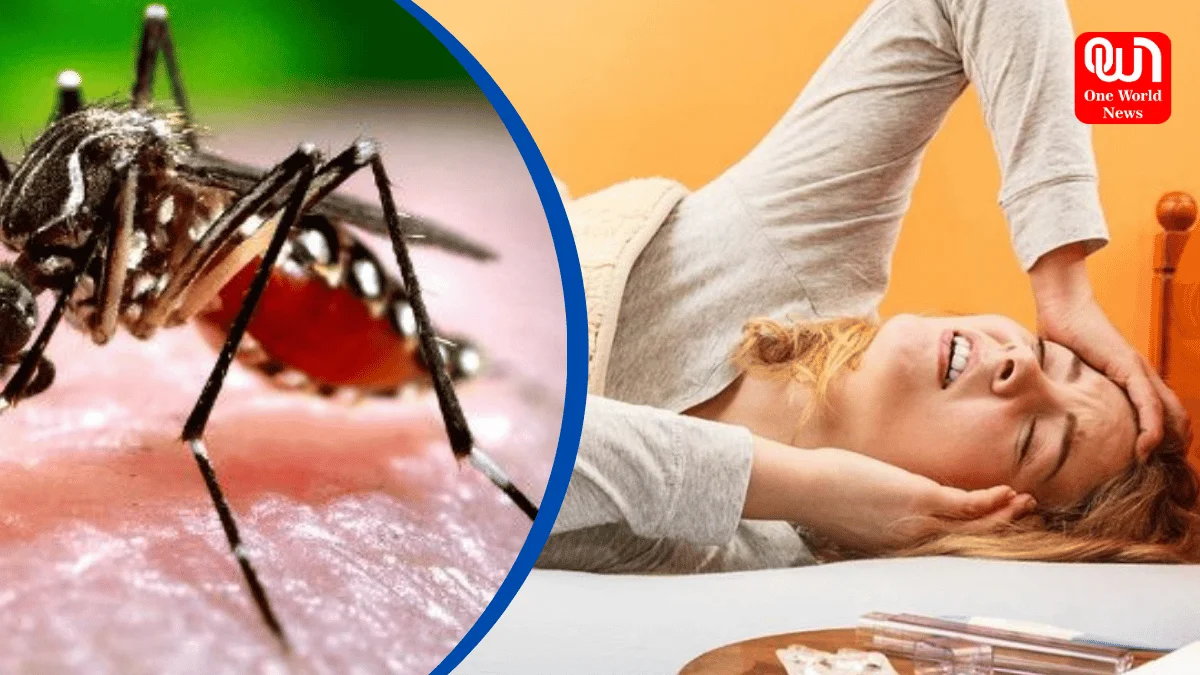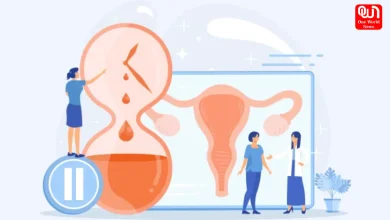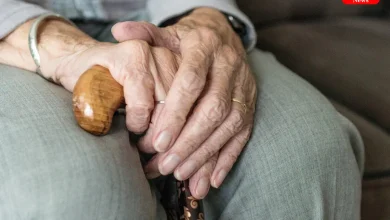Can Chikungunya during monsoon lead to arthritis?
Chikungunya, especially during the monsoon, poses a significant health risk not just for its acute symptoms but also for its potential to cause chronic arthritis.
Chikungunya during monsoon: Can this mosquito-borne disease lead to arthritis? Expert explains
Chikungunya is a viral fever transmitted through the bite of infected mosquitoes and, since monsoon is the breeding season for mosquitoes, it becomes a major issue. The virus affects people through the bite of Aedes mosquitoes and has symptoms such as fever, joint pain, and rash, which occur at the initial stages of the disease. Forgetting the drastic effects of rheumatoid arthritis, people are also becoming more informed of the prolonged effects such as chronic arthritis. In this context, an expert explains how Chikungunya relates to arthritis.

Understanding Chikungunya Disease and Its Signs
Symptoms of chikungunya include high fever, severe joint pain, muscle pain, headache, nausea, fatigue and rash. The sever joint pains are usually experienced for days up to a few weeks although in some circumstances, the symptoms may prolong to months or even years. Joint pain severity can be severe enough to create what looks almost like rheumatoid arthritis and may result in stiffness, swelling.
Chikungunya and Arthritis: The Connection
Dr. Anita Sharma, an infectious disease specialist, in her own words said that the virus can provoke autoimmune reaction and the body begins to attack inflamed tissues, for example, the joint. This immune response can result in chronic arthritis which encompasses the sustained inflamed condition of a joint or joints.
Read more –Unlocking the Benefits: Why You must have a Fish Oil Diet
Available studies show that chikungunya virus is capable of lingering in the system for a long time thus providing constant provocation to inflammation. This results to Chronic Inflammation that is responsible for long term arthritis of the joint. In some cases, it presents itself like autoimmune arthritis conditions like rheumatoid arthritis in some individuals.
Preventive Measures and Treatment
There are preventive measures that can be taken in a bid to eliminate the spread of chikungunya starting with the control of mosquitoes and refraining from being bitten by these mosquitoes. Spray repellent on your skin and clothes, make sure your clothes cover all your skin, and drain standing water that gathers around homes.
Read more –5 Foods Never to Pair with Your Tea: Unhealthy Food Combinations to Avoid
Presently, there are no FU antiviral drugs that can be utilized to treat chikungunya however, relief of manifestations is imperative. All patients should avoid taking any medications that may cause joint inflammation and should take analgesics to control joint aches and inflammation. Prescribed exercises that will help in the kind of activities that involve joint movements are also effective.
chikungunya poses a serious risk to health because to both its acute symptoms and its potential to induce chronic arthritis, especially during the monsoon season. Reducing the danger and effects of this disease carried by mosquitoes is mostly dependent on awareness and preventive actions. For patients with persistent joint discomfort after a chikungunya infection, seeking medical advice is crucial for an accurate diagnosis and course of treatment.
We’re now on WhatsApp. Click to join
Like this post?
Register at One World News to never miss out on videos, celeb interviews, and best reads.








